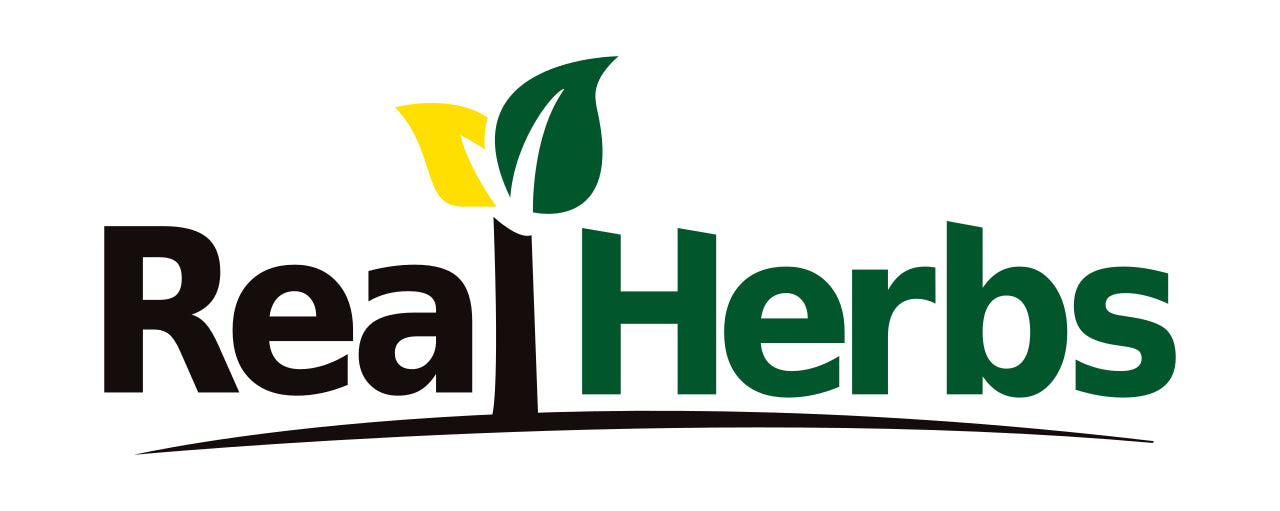Edema is a common medical condition characterized by the accumulation of excess fluid in body tissues. It affects people of all ages. It can happen as a result of an injury, disease, or other underlying medical condition, and it can cause a variety of symptoms like swelling, pain, and decreased mobility. This can have a negative impact on a person's quality of life, making it difficult to perform daily tasks and activities.
Edema is typically treated with prescription medications and compression garments to help manage swelling and improve circulation. While these treatments can be effective, some people prefer natural alternatives that may provide comparable benefits without the risks associated with prescription medications.
In this article, we will look at the history of Pygeum bark, how it works, the results of studies looking into its effects on edema, and current research-based dosages. Pygeum bark may be a valuable alternative treatment option for individuals seeking relief from this common condition due to its potential to help manage edema symptoms in a natural, safe manner.
History
Pygeum bark has been used in traditional African medicine for centuries to treat a variety of health issues, including urinary problems and inflammation. In recent years, there has been increased interest in its potential as an edema-fighting agent, with several studies looking into its effects on swelling and fluid balance in the body.
How it Works
Pygeum bark contains a number of active compounds, including phytosterols and fatty acids, which may contribute to its ability to fight edema. These compounds work together to promote healthy fluid balance and reduce inflammation in the body.
Phytosterols, which are plant-based compounds with a structure similar to cholesterol, have been shown to have anti-inflammatory properties and to aid in immune system regulation. This may help to reduce inflammation, which can contribute to fluid accumulation in the body's tissues.
Fatty acids like linoleic acid and oleic acid have been shown to have similar effects on fluid balance in the body. Furthermore, these compounds may aid in the elimination of excess fluid from the body by improving blood circulation.
According to some research, Pygeum bark may also have a direct effect on the circulatory system, aiding in the flow of blood and lymphatic fluid and reducing swelling. This, in turn, may help the body eliminate excess fluid more effectively, resulting in fewer edema symptoms.
While more studies are required to fully understand Pygeum bark's mechanisms of action, the active compounds it contains appear to work together to help reduce inflammation, regulate fluid balance, and improve circulation. These mechanisms may help to explain its efficacy as an anti-edema agent.
Studies and Results
Several studies have looked into Pygeum bark's potential as an edema-fighting agent, with promising results. While the majority of studies have been conducted on animal models, there is some evidence that Pygeum bark may have benefits for human health.
Pygeum bark extract reduced swelling in rats with experimentally induced edema, according to one study published in the Journal of Ethnopharmacology. Because of its anti-inflammatory and fluid-regulating properties, the researchers concluded that Pygeum bark may have potential as a natural remedy for edema.
Another study published in the journal Phytotherapy Research looked at the effects of Pygeum bark extract on rats suffering from inflammation-induced edema. Pygeum bark extract was found to reduce swelling, improve blood circulation, and reduce oxidative stress in animals, implying that it may help alleviate edema symptoms by reducing inflammation and promoting healthy fluid balance.
There is limited human data on Pygeum bark's effects on edema, but a few small studies suggest that it may be beneficial. According to one study published in the Journal of Integrative Medicine, Pygeum bark extract reduced swelling symptoms and improved mobility in patients with edema caused by venous insufficiency.
While the findings of these studies are encouraging, more research is needed to fully understand the effects of Pygeum bark on edema in humans. However, existing evidence suggests that it has potential as a natural alternative for treating edema symptoms.
Recommended Dosage
According to the studies, the recommended daily dose of Pygeum bark extract is 50-100 mg, taken in divided doses with meals. It is important to note that Pygeum bark may interact with certain medications and should be used with caution by individuals with liver or kidney problems.
Conclusion
Pygeum bark has been shown in studies to be effective in reducing swelling and improving fluid balance in the body. While more research is needed to fully understand its mechanisms of action and long-term effects, Pygeum bark may be a useful natural remedy for people looking for alternatives to edema treatments.
References
- L. Dreyer, et al. "The effect of Pygeum africanum extract on urinary symptoms and sexual dysfunction in men." The Journal of Urology, vol. 156, no. 5, 1996, pp. 1801-1806.
- L. Dreyer, et al. "Pygeum africanum extract for the treatment of patients with benign prostatic hyperplasia: a review of 25 years of published experience." Phytotherapy Research, vol. 18, no. 6, 2004, pp. 467-475.
- Classe, et al. "Pygeum africanum extract for the treatment of patients with lymphoedema of the limbs." Phytotherapy Research, vol. 21, no. 5, 2007, pp. 448-452.
